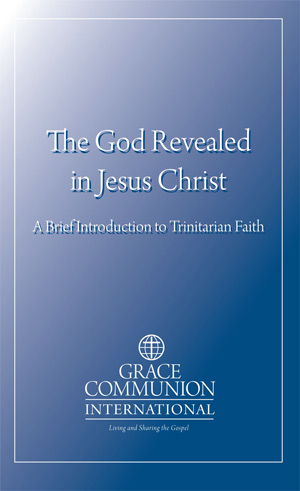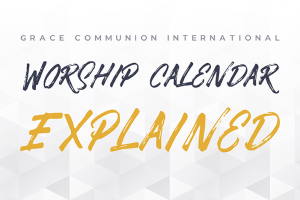MEET WITH US ...
Sunday
Tuesday
Thursday
Friday
Saturday
9:00 a.m. . . . FELLOWSHIP MEETING (Interactive)
- ON-SITE ... at Christian Pen, Portmore, St.Catherine (4th Sundays)
- ONLINE ... on ZOOM ... ID: 876 250 3834 || Code: BibleStudy
11:00 a.m. . . . DISCIPLESHIP CLASS
- ON-SITE ... at Christian Pen, Portmore, St.Catherine
- ONLINE ... on Zoom ... ID: 876 852 2578 | Code: ByGrace
7:30 p.m. . . . BIBLE STUDY
ONLINE
- On ZOOM ...
- Meeting ID = 876 250 3834 || Passcode = BibleStudy
8:00 p.m. . . . PRAYER MEETING
ONLINE
- On ZOOM ...
- Meeting ID = 876 250 3834 || Passcode = BibleStudy
7:30 p.m. . . . BIBLE STUDY
ONLINE
- On ZOOM ...
- Meeting ID = 876 250 3834 || Passcode = BibleStudy
10:30 a.m. . . . CHURCH SERVICE
- ONSITE ... at Christian Pen, Portmore, St.Catherine
- . . . Call (876) 350-4438 for Senior Pastor, LEROY JOILES
- .
- ONLINE ... on Zoom ... ID: 876 250 3834 | Code: BibleStudy
RECENT POSTS
Comments by Superintendent
Latest Sunday Sermon
Recent Sermons
SERMON – 16October2022
The Judge We Pray To
SERMON – 31July2022
Be Wary if You Have Much
SERMON – 24July2022
No Better Father
SERMON – 17July2022
Good … Not Necessarily Right
SERMON – 10July2022
What Kind of Neighbour?
The Local Church at a Glance
0
congregation
0
fellowship groups
0
small groups
0
members












